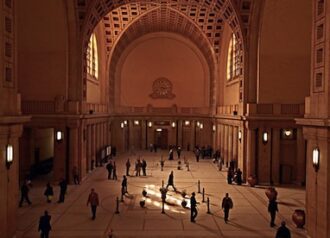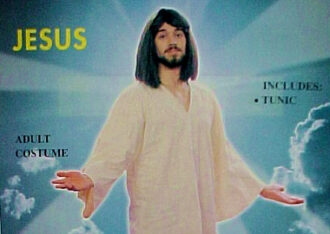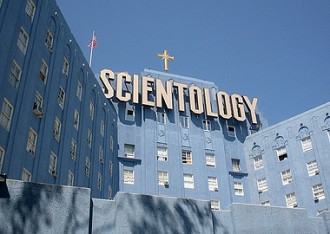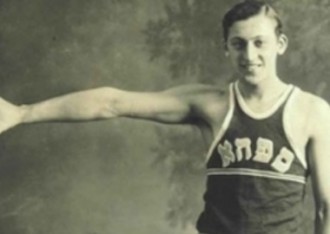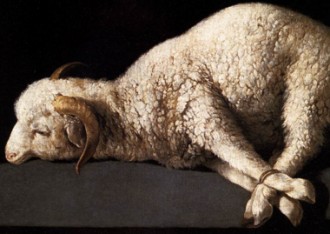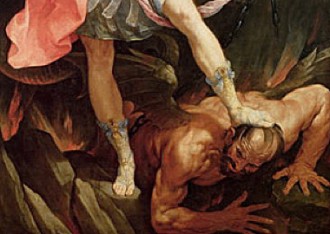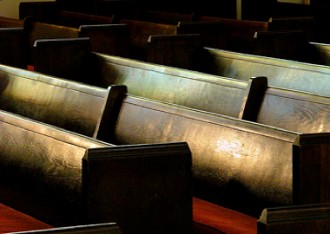
Transgender, Scientologist, “Cult Hero”
Kate Bornstein’s new book recounts the years before Scientology was considered a religion, when it gave her all the answers on gender, loss, and addiction she needed not to hear. Sounds just like… bad religion.
Read More

